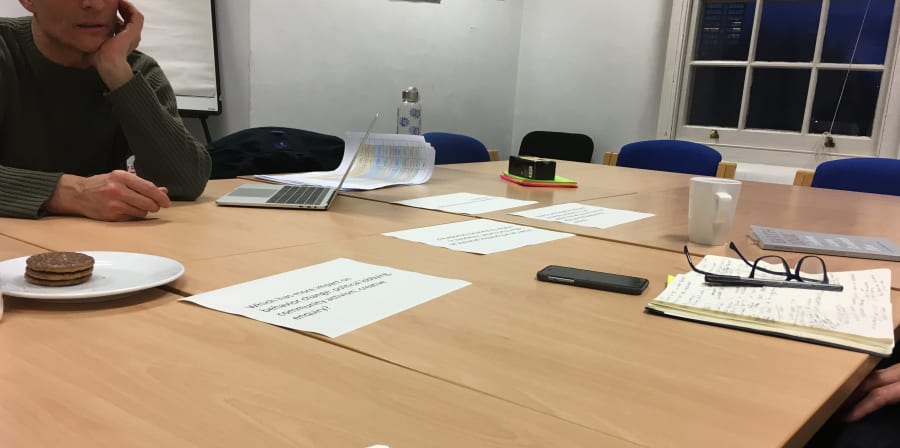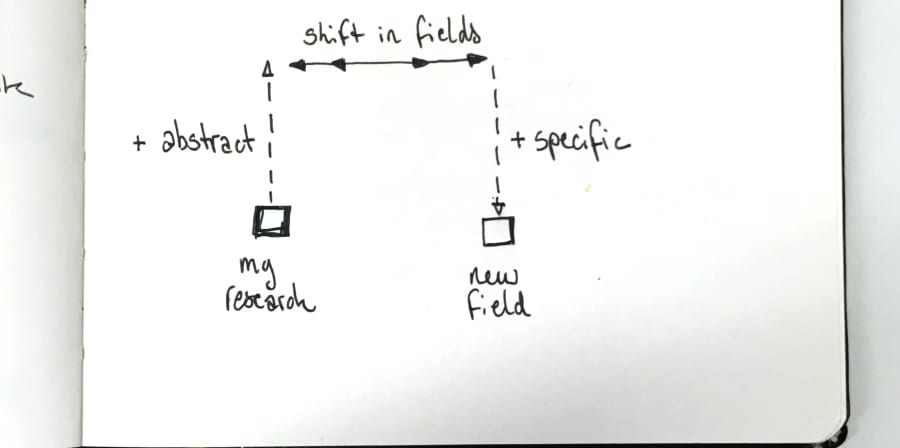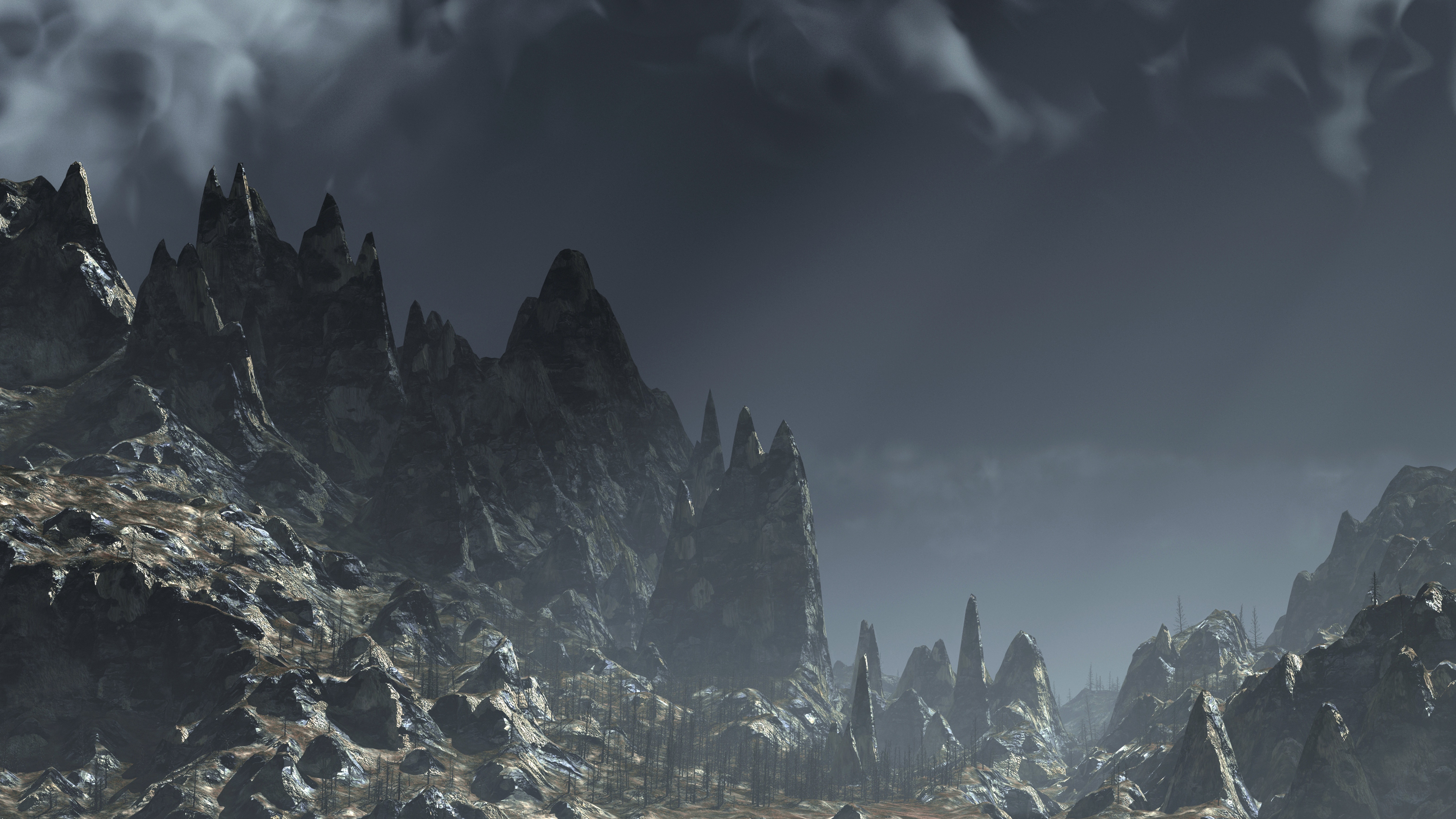On 13 February 2020, the second edition of the Post-Grad Community Will my PhD Change the World? Workshops took place at Chelsea College of Arts. This took the form of a conversation with David Cross and two PhD students interested in the theme of Living with Environmental Change. This small group focussed on defining what challenges exist for research in the light of the climate emergency.
David Cross’ research, practice and teaching have long been informed by a critical engagement with the relationship between visual culture and the contested ideal of ‘sustainable’ development. More recently, his focus has been on financial systems, fossil energy dependency and climate breakdown. He is now shifting towards promoting a cultural transition to a post-carbon society. David has recently been very engaged with the UAL Climate Emergency movement. This session also gave the opportunity to pull together insights on how it is impacting research from a student’s perspective so that it can be fed back to UAL directors.
Redefining the theme
The theme for this meeting was Living with Environmental Change, and we took a deep dive into what this could mean and how it relates to the existing concept of sustainability. David’s work takes on the Brundtland1 commissions’ definition of Sustainability as meeting the needs of current generations without challenging those of generations to come. Most uses of this definition stop here but reading further and including the next paragraph of the Brundtland report acknowledges the lesser responsibility and greater needs of people in the Global South in relation to the crisis. As our perception of self and others shift, can we also extend this definition of sustainability to encompass the agency of- and responsibility for non-humans? Progress towards establishing Ecocide as the fifth Crime Against Peace and to award legal status to ecological entities such as river courses give cause for hope here.
In parallel we considered the urgent need to move beyond seeing sustainability as a spectrum (such as “from deep green to pale green”), which is limiting in its linearity, and instead acknowledge the complexity and multi-layered aspect of this field. Models such as the Centre for Circular Design’s “materials, models, mindsets” Venn diagram or the IPCC model of trade-offs and synergies between climate mitigation and the UN Sustainable Development Goals2 show how this complexity can be mapped over practice and research in various fields.

Will my PhD change the world?
As the overarching theme for the workshop series, this question was unpicked to understand why we, as researchers, might want to change the world in the first place and what systems we might be up against in this process.
The PhD is an exercise in language which asks us to clearly define and articulate knowledge. In the same way that various sustainability movements are turning towards indigenous forms of relationship to the world and nature, could we consider the PhD in relation to other forms of knowledge and communication which allow for more ambiguity? In a recent lecture at Camberwell, anthropologist Robert Storrie referred to his study of the relationship between poetic uses of language and communitarian practices in Amazonian tribes, and connected with Tim Morton’s idea of “ambiguity as an accuracy signal”. This said, the practice-based PhD is already shifting the goalposts in this area by including the use of artefacts, artwork, creative writing, and other forms of communication as part of research outcomes.
Then how can we assess the effect our research is having on the world? How, if at all, are we changing it? Are we in control of these effects? And what if our work could be used for ill-purposes? Sartre defines the intellectual as someone who understands the social purpose of their knowledge. Perhaps by asking “Will my PhD Change the World?” we are touching upon this and taking on this agility to move through different levels of implication from the very immediate to the more remote, but still plausible.
To explore how our work may be of use beyond our own field, it can be useful to consider different levels of abstraction as a conceptual structure that allows us to ascend above the particularities of our own research project, and move across disciplines or categories before moving down again to the specifics of another area. This may lead us to ask, “what world will my PhD change?”

Will the world change my PhD?
Another connected question that was asked in this session was “is research too slow for the climate emergency?”. On the one hand, the lengthy processes essential to producing high quality research are being increasingly overtaken by the pace of ecological breakdown. On the other hand, the limit of acceptable public discourse has been rapidly shifted by the Extinction Rebellion movement, as it has tapped into recent changes in the collective psyche. Meanwhile, the object of our research may not only gain depth as we and others contribute to it, but the scope and framework we operate in may alter during the course of study. How can the contained nature of PhD research contend with such different types of change? To engage with these constant feedback loops without being derailed, researchers need to balance the flexibility to shift speeds of enquiry or changes in scope with the rigour of analysis and interpretation that allow useful insights to be developed.
What next?
This series of workshops is designed to feed directly into the participants’ ongoing research. While this perhaps brought about more questions than were answered, it helped articulate some key aspects of sustainability as relating to research in a similar way to the previous session with the theme of Community Resilience. Taking time to reflect on these subject matters and connect with other researchers looking into similar themes gives new perspective and undoes knots in each participant’s project. The next two sessions in this series will be looking at the themes of Digital Futures and Lifelong Health and Wellbeing. Please get in touch at pgcommunity@arts.ac.uk to express your interest in these workshops and suggest any input.
References
[1]Report of the World Commission on Environment and Development: Our Common Future, available at https://sustainabledevelopment.un.org/content/documents/5987our-common-future.pdf
[2]IPCC, 2018: Summary for Policymakers. In: Global Warming of 1.5°C. An IPCC Special Report on the impacts of global warming of 1.5°C above pre-industrial levels and related global greenhouse gas emission pathways, in the context of strengthening the global response to the threat of climate change, sustainable development, and efforts to eradicate poverty
[Masson-Delmotte, V., P. Zhai, H.-O. P.rtner, D. Roberts, J. Skea, P.R. Shukla, A. Pirani, W. Moufouma-Okia, C. P.an, R. Pidcock, S. Connors, J.B.R. Matthews, Y. Chen, X. Zhou, M.I. Gomis, E. Lonnoy, T. Maycock, M. Tignor, and T. Waterfield (eds.)]. In Press.

